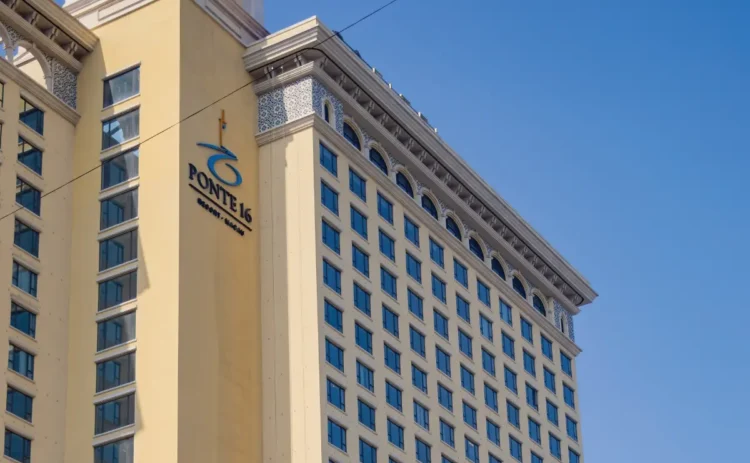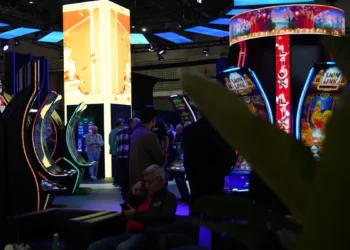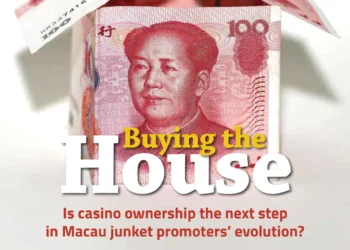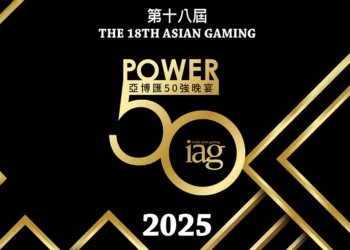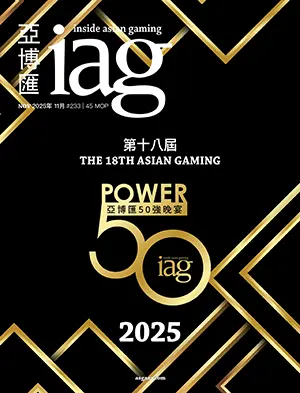Once December draws to a close, Macau’s satellite casinos will be nothing more than a distant memory. Thinking on their past glory and present decay, the ancient proverb comes to mind, “Nothing lasts forever”.
At time of writing, only four satellite casinos remain operational in Macau. Excluding L’Arc – which SJM recently confirmed it would acquire – there are only three left entering their final month of operation.
Casinos including Rio, Grand Dragon, Grandview, Casa Real, Legend Palace, Emperor and Ponte 16 have all ceased operations one after the other.
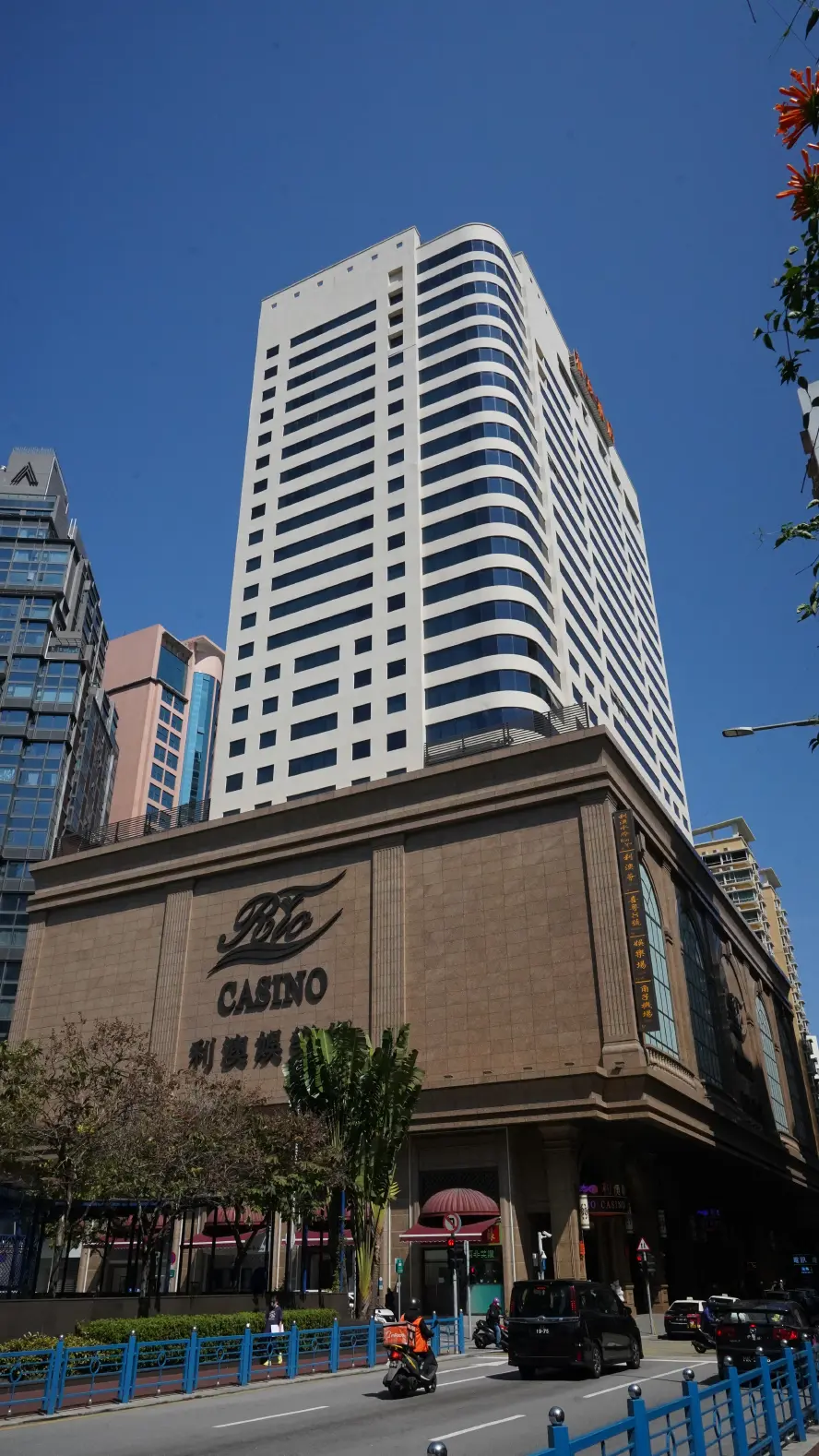
The three surviving venues are Fortuna, Casino Kam Pek and Landmark. All affiliated with SJM, they are located in the Beijing Street area of NAPE and ranked amongst the satellite casinos with relatively higher gaming revenue.
The origin of satellite casinos dates back to before Macau’s handover. At that time, Sociedade de Turismo e Diversões de Macau (STDM) held a monopoly on the gaming industry. To expand its business, it partnered with multiple hotels to allow third parties to operate casinos through a “table-leasing” model. Examples include the long-defunct President and the old Kam Pek.
After the handover, Macau’s Gaming Law underwent its first revision, but the old legislation did not explicitly regulate satellite casinos, indirectly allowing the “table-leasing” model to persist. At its peak, among Macau’s 41 casinos, 22 were satellite casinos – 18 under SJM Resorts, three under Galaxy Entertainment Group and one under Melco Resorts & Entertainment.
Most of these satellite casinos were concentrated in the NAPE district, adjacent to residential areas. Beginning with Jai Alai and Oceanus Casino and stretching all the way to Casino Lisboa, more than a dozen casinos lined a 1.5-kilometer stretch of road during their golden era, with neon lights shining brightly day and night.
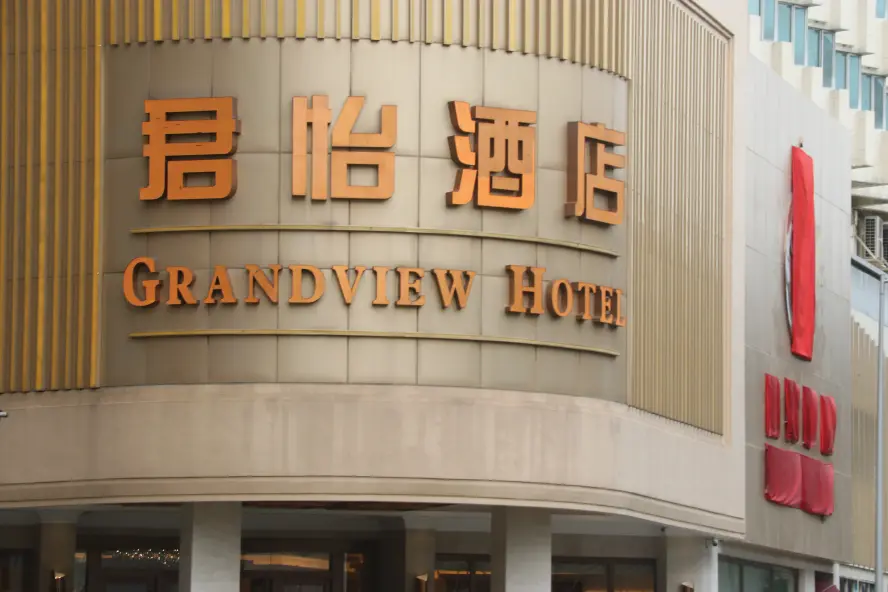 Unlike high-end casinos in integrated resorts, satellite casinos’ biggest draw was their low minimum bets. Some required only HK$100 (US$12.50) per hand, attracting a large number of mid-to-low-tier gamblers from mainland China. Coupled with the proliferation of saunas and massage parlors in the vicinity, the Beijing Street area gradually became a popular consumption hub for male mainland tourists.
Unlike high-end casinos in integrated resorts, satellite casinos’ biggest draw was their low minimum bets. Some required only HK$100 (US$12.50) per hand, attracting a large number of mid-to-low-tier gamblers from mainland China. Coupled with the proliferation of saunas and massage parlors in the vicinity, the Beijing Street area gradually became a popular consumption hub for male mainland tourists.
However, with the official implementation of the new Gaming Law post-2022, these satellite casinos have closed down one after another. Chan Meng Kam’s Grand Dragon, Loi Keong Kuong’s Rio Hotel Casino and Christine Szeto Yuk-lin’s Diamond Casino all ceased operations between 2021 and 2022. After the new law took effect, the remaining 11 satellites held on until this year, ultimately exiting the historical stage entirely.
A total of around 480 gaming tables and 270 slot machines from those 11 satellite casinos either have been or will be returned to their respective concessionaires for use within their integrated resorts, yet is this truly the optimal outcome? Morgan Stanley analysts said in a recent note that SJM could lose some or all of its satellite GGR to integrated resorts located on the Macau peninsula, meaning its market share is likely to decline further.
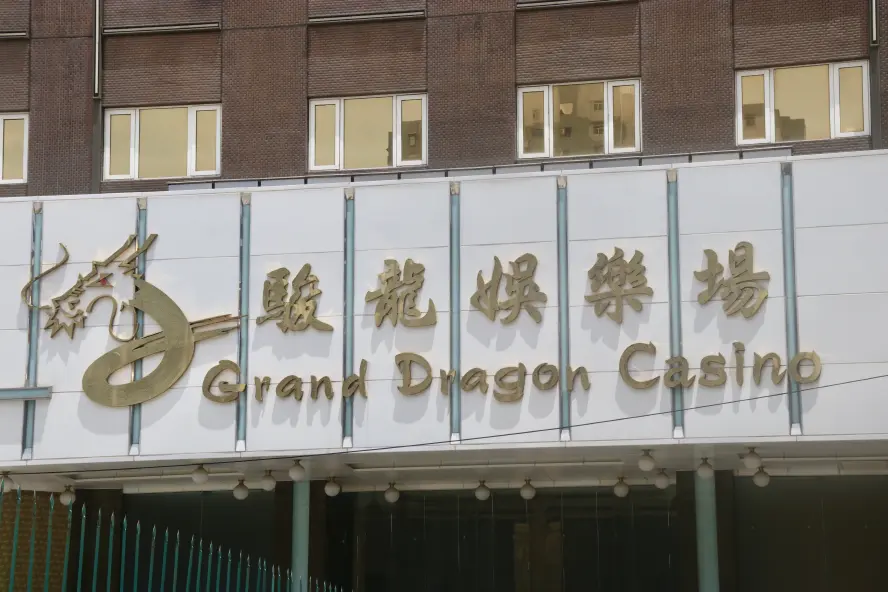
Judging from SJM Resorts’ 3Q25 financial performance, the demise of satellite casinos seems to have indeed weakened its competitiveness. Fierce competition for talent and market restructuring have complicated the situation. Several concessionaires have taken the lead in holding job fairs to recruit staff from closed satellite casinos, and industry insiders reveal that many companies have adopted a “hire-first, verify later” model whereby candidates with satellite casino experience are hired immediately, even skipping the background check process.
Notably, even after the government confirmed in June that satellite casinos must close shop by the end of the year, some satellite operators have been reluctant to give up hope. The high-performing Landmark, for example, is known to have been actively seeking a transaction with other concessionaires, although IAG understands these negotiations have stalled.
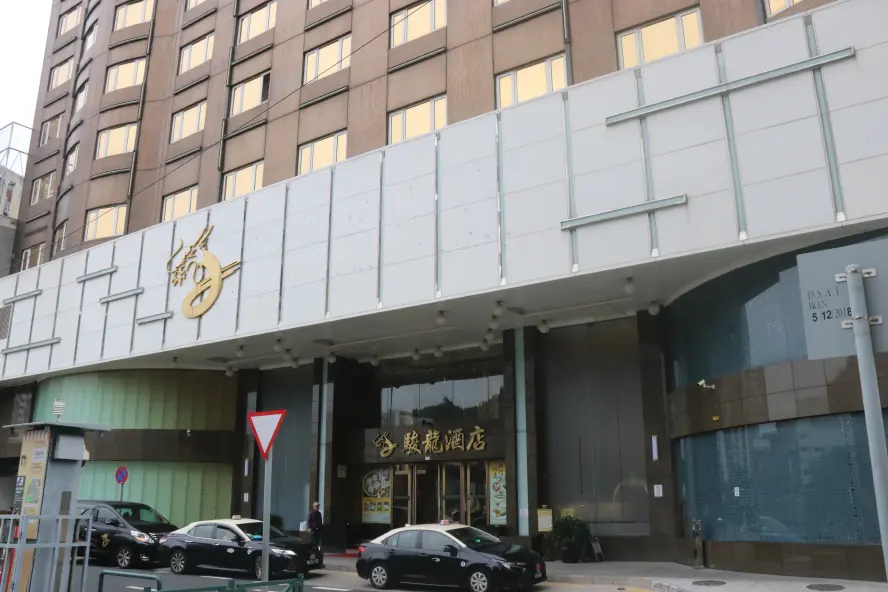
What does the disappearance of satellite casinos mean for Macau? In terms of overall gaming revenue, the impact may be minimal, as most players will transition to other venues. For Beijing Street, however, the once bright neon lights will fade.
Local shop owners have shifted from initial anxiety to a “wait-and-see” attitude, believing the area will not decline but may struggle to regain prosperity in the short term. For long-term local residents, this could mark a new beginning for the community to return to its residential roots.
“Nothing Lasts Forever”. The end of satellite casinos symbolizes the end of an era. Yet, as the tide of history moves forward, just like the demise of junket rooms, the market will reshape and find a new balance. As the classic line from the Jurassic Park franchise goes – “Life finds a way”.






